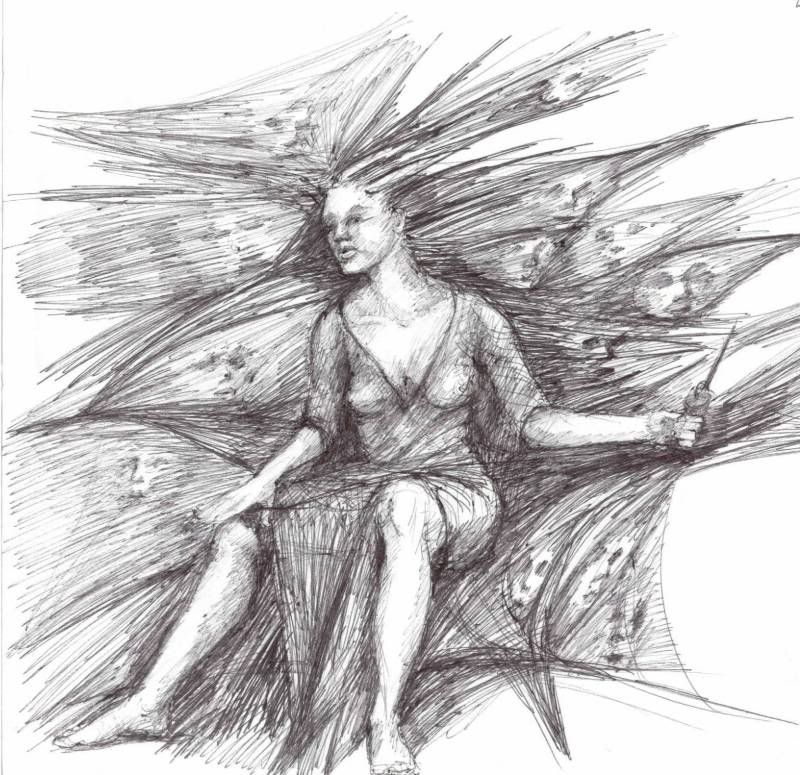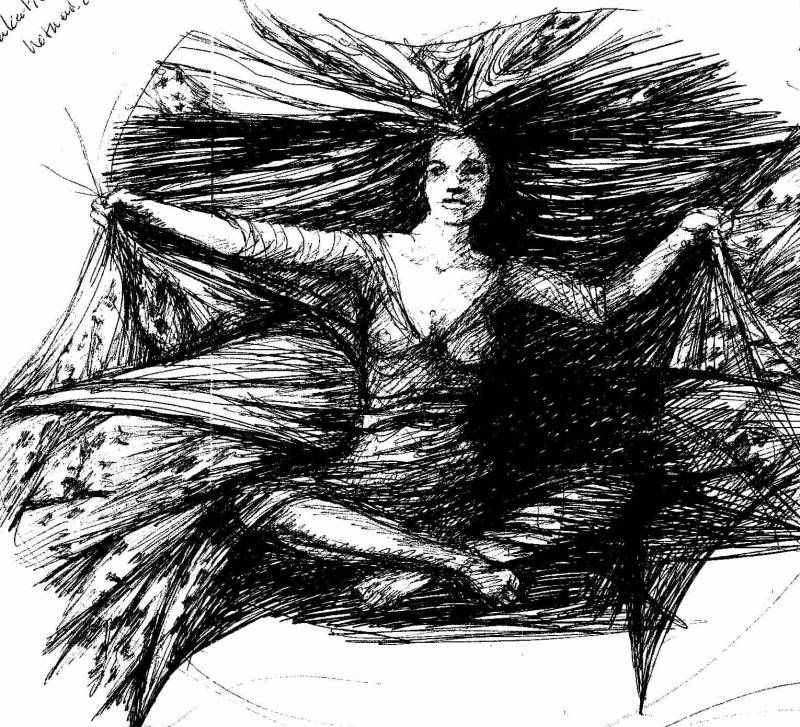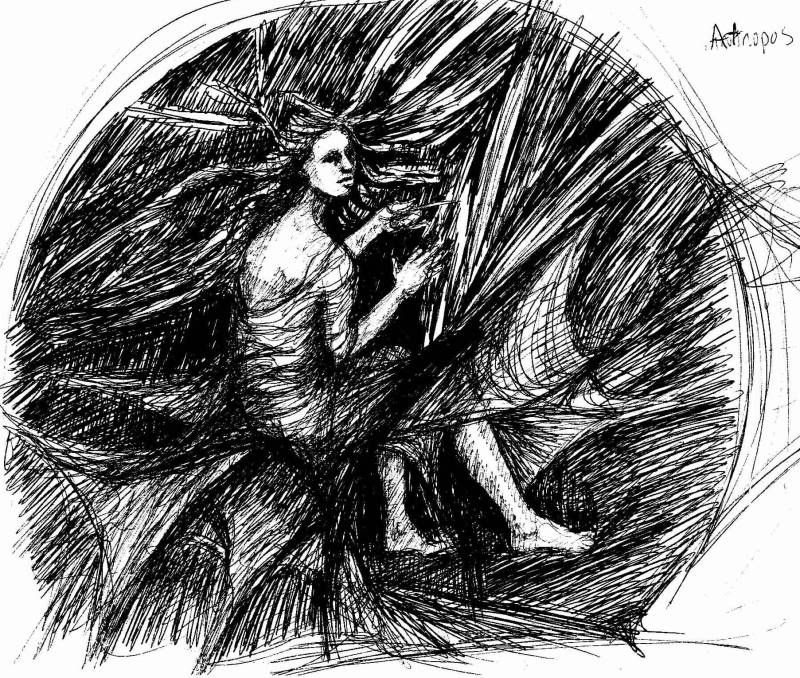lipstick like a stoplight
cigarette smoke exhaled in belly-dancer curves
flashing my garters as I open the suicide door
I would sit on your desk and swing my slingback heels
I would lead you astray
You could be the crooked cop
the gangster who wants out
the P.I. mourning his partner
You wouldn’t believe a word I said
but you’d take my money—and you’d know
that I was trouble the minute you saw me
but trouble is perhaps a chance for redemption
a chance for revenge
a chance for revelation
and they all would be against you
the police department City Hall the richest man in the Valley
you would be like America against the spectre of Communism
that is if you consent to be a symbol
You could be the hero in the shadows
cigar smoke exhaled like the breath from a gun
I would smell of jasmine and Pall Malls
drink whiskey like a man
hide a derringer in my bag to be
coolly pressed against your jugular “I’m sorry Sam
but I’ve got to have that bird”
I could get my just desserts:
“Goddamn it, Charlie, you sold me out”
my upper-class accents gone, back to
the guttersnipe I’ve always been
but no, you’d let me go
for whatever I did as the camera panned away—
this being the Forties that’s no small thing—
maybe I was just a pawn but more likely I was the power behind the plot
the jewel thief the madam the old man’s young wife
“It’s been fun, Phil, but I gotta be going”
with a wink, my false lashes like the vicious green fringe
on a Venus fly trap

























